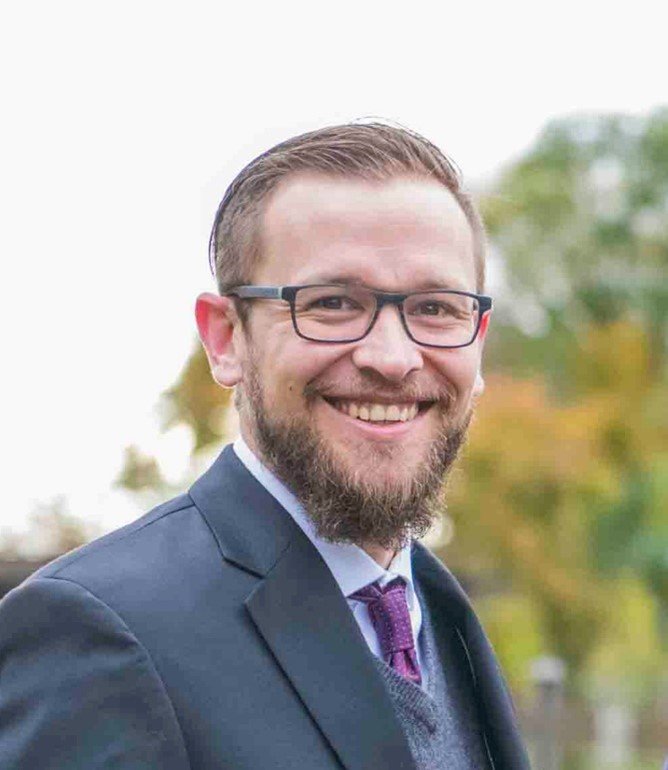Exploration of the Science Supporting Selective Connectivity at Fish Migration Barriers
A Warren Distinguished Lecture with Daniel Zielinski, Great Lakes Fishery Commission and Michigan State University
Abstract
One of the greatest global issues facing fishery managers is the connectivity conundrum, that is, the tension between improving aquatic connectivity for fishery restoration versus using dams and barriers to manage invasive species. Selective connectivity, where organism movement is selective based on restoration or conservation goals, presents a potential solution to the connectivity conundrum. The Great Lakes Fishery Commission and its partners are developing an approach to selective fish passage that integrates fish ecology and biology with engineering at FishPass. The FishPass project will replace the last of four legacy barriers on the Boardman (Ottaway) River, Traverse City, Michigan. The improved barrier and adaptable fishway is designed to develop and test tools to selectively pass desirable fish while blocking and/or removing undesirable fish, like the invasive sea lamprey. The process used to select and configure fish sorting tools will follow an eco-engineering approach inspired by material recycling, and will emphasize automation and the integration of multiple technologies that target sortable attributes of fish (phenological, morphological, behavioral, and physiological). Zielinski provides an overview of FishPass including ongoing research supporting selective fish passage in the Laurentian Great Lakes.
Speaker
Daniel Zielinski is a Principal Engineer / Scientist with the Great Lakes Fishery Commission (GLFC) and Adjunct Professor at Michigan State University. He holds a BS (2006) in Civil Engineering from the University of Wisconsin – Platteville, and a MS (2011) and Ph.D. (2013) in Civil Engineering from the University of Minnesota. After receiving his Ph.D., he worked as a postdoctoral researcher at the Minnesota Aquatic Invasive Species Research Center working on control tools for invasive carp in the Mississippi River. In 2016 he joined the GLFC to be the project lead on the FishPass Project in Traverse City, Michigan. Zielinski works closely with a multi-national group of project partners and researchers to oversee construction, develop research and assessment plans supporting FishPass objectives, and communicates with stakeholders. His research focuses on integrating engineering and biological principles to better understand how the aquatic environment influences physical and behavioral responses in fish, and exploiting computational resources and experimental technology to enhance fish passage and invasive species control. Zielinski serves on the GLFC Barrier Task Force and Sea Lamprey Research Board.
